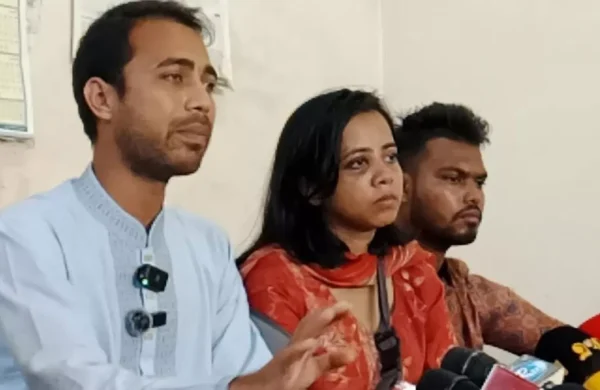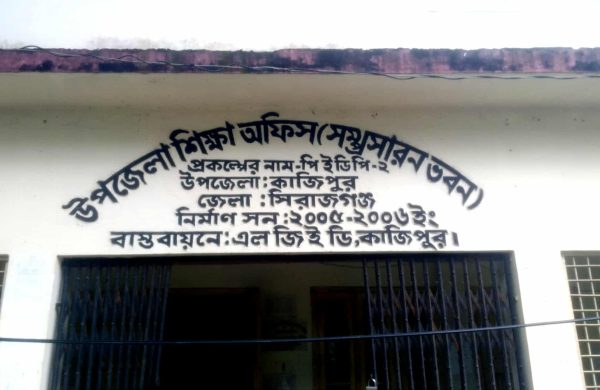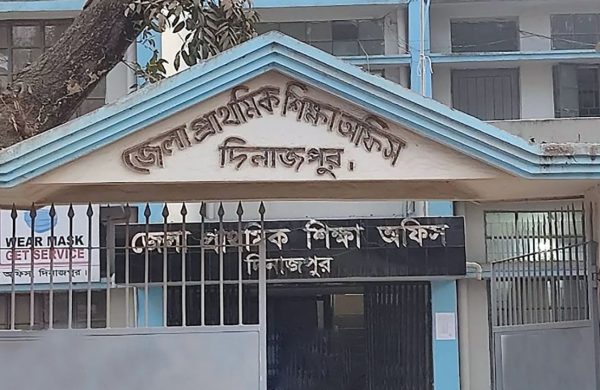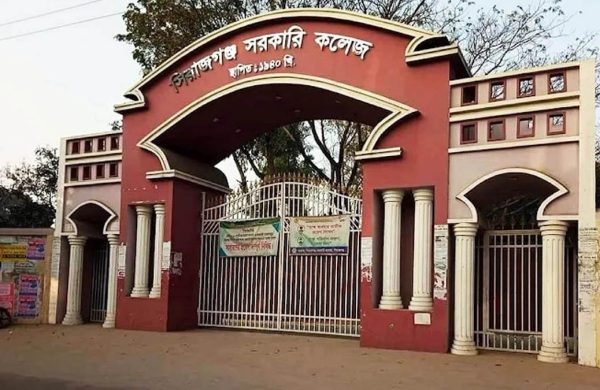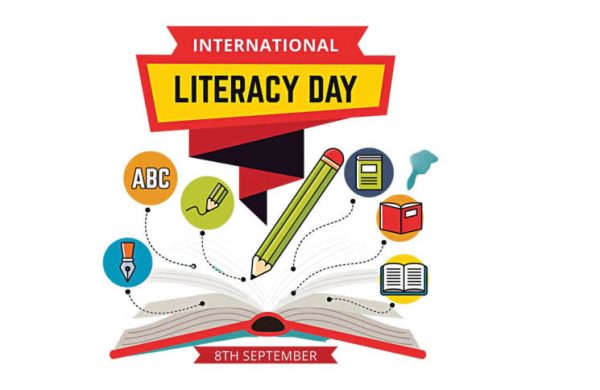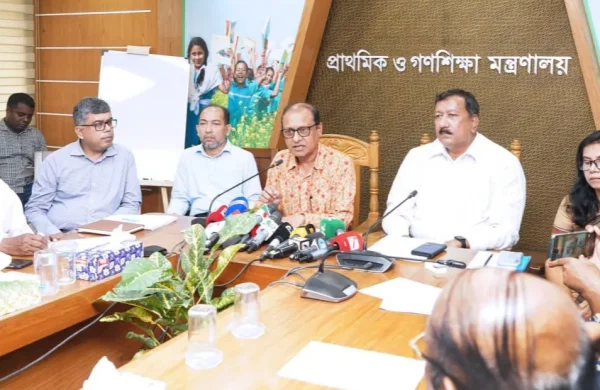Curriculum discrepancy: Mixed systems cause turmoil in Madrasas
- Update Time : Monday, July 8, 2024
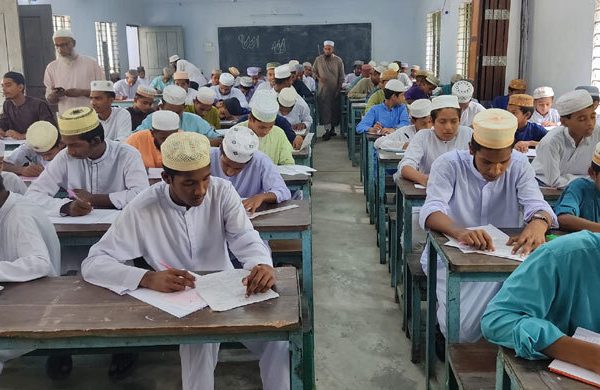
TDS Desk:
The Secondary School Certificate (SSC) and its equivalent Dakhil and other exams will be held for the first time under the new curriculum in 2026. For the nine general education boards in the country, the question papers will be based solely on the textbooks of class X. However, the Dakhil examination, conducted under the Madrasa Board, will follow a mixed system.
The new curriculum will be tested in 11 subjects, while the remaining five subjects will follow the previous curriculum. This means students will receive results in two sections on their mark sheets: one for the new curriculum and one for the old.
Madrasa teachers and parents are concerned that students will struggle to prepare for exams with this half-new, half-old syllabus. They fear that a mixed-method test will hinder learning and trigger catastrophe in exam results that students will face challenges in higher education and employment. The acceptance of their mark sheets is also a concern.
According to officials from the National Curriculum and Textbook Board (NCTB) and Madrasa Education Board, textbooks for five specialised madrasa subjects have not yet been written under the new curriculum. Consequently, the Dakhil exams will be conducted in a mixed system for two years (2026 and 2027), with a full transition to the new syllabus expected in 2028.
Abdul Alim, a class IX student at Dhaka Alia Madrassa, expressed his concerns to media, saying, “If the government wants to introduce new rules, then everything should be new. Taking the test in two ways will cause problems. We want the whole exam to be conducted under the new rules. If there is no preparation, then after another two years, the examination should be taken according to the new rules.”
An associate professor at Dhaka Alia Madrasa, speaking anonymously, agreed with Alim, stating that the entire curriculum should be new to avoid confusion and poor results. He also highlighted the existing challenges madrasa students face in the job market, which could be exacerbated by this mixed system.
“Madrasa students already lag behind in the job market. Despite being talented, they are deprived of jobs in different sectors just because of studying in Madrasas. If they are tested in two ways and it remains written in the mark sheet and certificate, then there will be more danger for them,” he said.
MADRASA BOARD ‘UNHAPPY’ WITH NCTB PRESSURE
Madrasa Board officials disagree with conducting public exams like Dakhil in a mixed mode, citing pressure from the NCTB to implement the new system for SSC and Dakhil exams in 2026. Despite the lack of preparation in madrasas, the NCTB is keen on this change, leading to some dissatisfaction among madrasa officials but none of them agreed to speak on record.
Madrasa Board Chairman Professor Shah Muhammad Alamgir acknowledged the challenges but emphasised the need to adapt and move forward, stating, “New rules are being developed slowly. There will be obscurity and it will become clear in the coming days. Students and teachers will face some problems, but we have to accept it and move forward.”
NCTB Chairman (on routine duty) Professor Md Mashiuzzaman said no pressure was imposed on the madrasa board and he assured that the transition is being handled carefully to avoid errors as the specialized subjects taught in madrasas are a bit delicate. “If there remains any error, a certain quarter will take to the streets,” He said.
He believes that conducting the examination and mark-sheet in two ways will not pose significant problems.
Islamic Arabic University Vice-Chancellor Prof Abdur Rashid said, “If there are two methods of mark-sheets, it can cause complications. If a student passes the exam under such a system and goes for a job, problems will arise in analysing the results of the madrasa student and his competitors from other backgrounds. It will trigger problems while getting admitted to higher education. NCTB is handling the transition. We have faith and trust in them and hope they will not do anything that will put the students in trouble.”
WHEN WILL MADRASA BOOKS BE CONVERTED?
The NCTB is yet to begin converting specialised books of madrasas into the new curriculum. Currently, they are focused on class X books and it will take a few more months. After that, the NCTB will devise a work plan for the conversion of madrasa books. Until then, the Madrasa Board must continue using the previous curriculum.
Ferdausur Rahman, the Madrasa Board’s curriculum expert, stated that they are awaiting the NCTB’s decision on the conversion process.
NCTB Chairman Professor Moshiuzzaman confirmed that madrasa students will not receive specialised books in the new curriculum until after 2026. The conversion process will start once the class X books are completed.
NEW, OLD CURRICULUM BOOKS
Class IX students of madrasas are currently reading 11 books in the new syllabus, which they will continue in class X. Madrasa students will also read five specialised books alongside these new ones.
The 11 books so far converted are—Bangla, English, Mathematics, Theoretical Science Inquiry, Practical Science, History and Social Science, Digital Technology, Health, Life and Livelihood, Arts and Culture, and Islamic Education (History of Islam in Madrasas).
The old five specialised books are – Qur’an Majeed and Tajweed, Hadith Sharif, Aqaid and Fiqh, Al Lugatul Arabiyatul Ittesalia, and Qawaidul Lugatil Arabiayyah.


